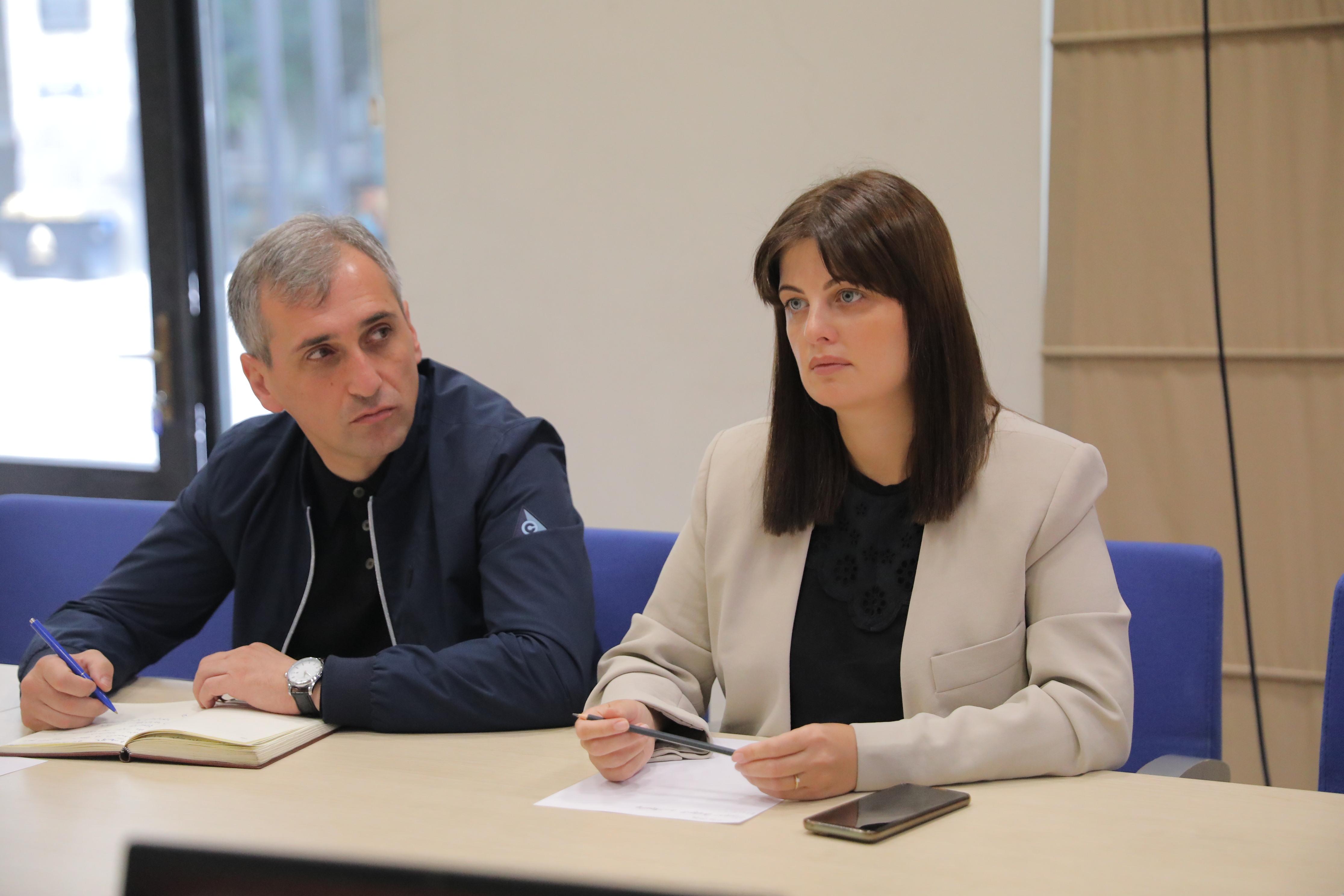In today’s fast-paced world, the allure of maximizing productivity and efficiency often leads families to embrace digital personal assistants as indispensable tools in managing their daily lives. These sophisticated technologies, from AI-driven apps to virtual scheduling platforms, promise to streamline tasks, organize activities, and ultimately enhance family cohesion. However, beneath their veneer of convenience lies a paradox: the propensity of these personal assistants to inadvertently promote over-scheduling. This phenomenon, while seemingly beneficial, can contribute to stress and diminish the quality of family interactions. As families increasingly rely on these digital aides, it becomes imperative to critically examine how their influence can shift from helpful to overwhelming, and to explore strategies for maintaining balance in an era of perpetual busyness.
Impact of Personal Assistants on Family Time Management
- Increased Efficiency, Decreased Leisure: Personal assistants, whether digital or human, undeniably enhance the efficiency of managing family schedules. They streamline tasks, set reminders, and keep everyone on track. However, this newfound efficiency often leads to an unintended consequence: the temptation to fill every available moment with activities. The drive for productivity can overshadow the value of downtime, leaving families with little opportunity to relax and enjoy unstructured time together.
- Balancing Act: The capability of personal assistants to handle multiple tasks simultaneously can inadvertently encourage over-scheduling. Families might find themselves juggling extracurricular activities, social events, and personal commitments with little room to breathe. This relentless pace, while seemingly productive, can lead to burnout and diminish the quality of family interactions. Recognizing the need for balance, it’s crucial to intentionally allocate time for relaxation and spontaneous family moments to ensure that the essence of family life is preserved.

Understanding the Risks of Over Scheduling in Modern Households
In the quest for efficiency, personal assistants—both digital and human—often contribute to the phenomenon of over scheduling within family life. While these tools and individuals are designed to streamline tasks and manage time effectively, they inadvertently encourage families to cram more activities into already packed schedules. This tendency can lead to increased stress and reduced quality of life, as families struggle to find time for relaxation and meaningful connection.
- Digital Assistants: Virtual tools like calendars and reminders are continuously prompting us to fill every available time slot, leading to a never-ending cycle of activities.
- Human Personal Assistants: While they help manage daily tasks, their efficiency can sometimes translate into more commitments, as they handle the logistics that families might otherwise decline.
- Social Expectations: The societal pressure to ‘do it all’ can exacerbate the issue, with families feeling compelled to participate in numerous activities to keep up with perceived norms.
Understanding these dynamics is crucial. By recognizing the role personal assistants play in over scheduling, families can take a step back, prioritize their activities, and focus on what truly matters—fostering a balanced and fulfilling lifestyle.

Balancing Convenience and Chaos: The Role of Personal Assistants
In today’s fast-paced world, personal assistants have become indispensable allies for families striving to juggle countless responsibilities. However, their efficiency often leads to an over-scheduled lifestyle, where every minute is accounted for, leaving little room for spontaneity or downtime. As these digital helpers streamline family life by managing calendars, setting reminders, and even suggesting activities, they inadvertently foster an environment where every moment is filled, often blurring the lines between productivity and chaos.
While personal assistants offer undeniable convenience, they also pose challenges that families must navigate carefully. Here are some considerations:
- Loss of Flexibility: With every hour pre-booked, the opportunity for impromptu family moments diminishes.
- Increased Stress Levels: Constant notifications and reminders can contribute to a sense of urgency and anxiety.
- Reduced Family Interaction: Over-reliance on technology may lead to less face-to-face communication and quality time.
To counteract these potential pitfalls, families can set boundaries and priorities to ensure that the use of personal assistants enhances rather than hinders their quality of life.
Strategies for Mindful Scheduling to Enhance Family Well-being
While personal assistants can often push families towards a hectic pace, mindful scheduling offers a pathway to balance and harmony. Families can benefit from reassessing their daily routines to ensure that time spent together fosters meaningful connections. Consider these strategies:
- Prioritize Quality Time: Identify activities that bring joy and relaxation to the family. Schedule these moments as non-negotiable to ensure they aren’t overshadowed by less important commitments.
- Set Boundaries: Implement clear boundaries around work and leisure time. By defining limits, families can prevent work or other obligations from encroaching on personal time, thereby promoting mental well-being.
By integrating these strategies into their lives, families can shift the focus from simply getting things done to fostering an environment of presence and intention. Mindful scheduling not only helps in reducing stress but also strengthens familial bonds, paving the way for a healthier, more cohesive family unit.



